In the United Kingdom, the popularity of CBD (cannabidiol) products has surged in recent years, mirroring global trends in the acceptance and use of CBD for health and wellness purposes. However, navigating the legal landscape can be confusing. This blog provides a detailed guide on the legality of CBD in the UK, outlining what you need to know about the current regulations and considerations.
Understanding CBD
CBD is a compound found in the cannabis plant. Unlike THC (tetrahydrocannabinol), which is the psychoactive component of cannabis, CBD does not make users high and is often used for its potential health benefits, including reducing anxiety, supporting pain relief, and improving sleep.
The Legal Status of CBD in the UK
As of 2024, CBD vape pens UK is legal in the UK under certain conditions. The Misuse of Drugs Act 1971 still classifies cannabis as a Class B drug under UK law, but CBD itself is not listed as a controlled substance if it meets specific criteria:
-
THC Content:
CBD products must contain less than 0.2% THC. This threshold is crucial because THC is a controlled substance under UK law. Products that contain CBD must be derived from an industrial hemp strain that is EU-approved, or come from outside the UK.
-
MHRA Regulations:
In 2016, the Medicines and Healthcare products Regulatory Agency (MHRA) provided guidance that CBD products used for medical purposes are considered medicines and must meet safety, quality, and efficacy standards to get marketing authorization.
-
Novel Foods Regulation:
In January 2019, CBD was classified as a “novel food” by the European Union. This classification was carried over post-Brexit into UK law. Products that are considered novel foods need to have authorization from the Food Standards Agency (FSA) to ensure they meet safety standards. As of 2021, CBD companies must submit comprehensive Novel Food license applications, which are still under review by the FSA.
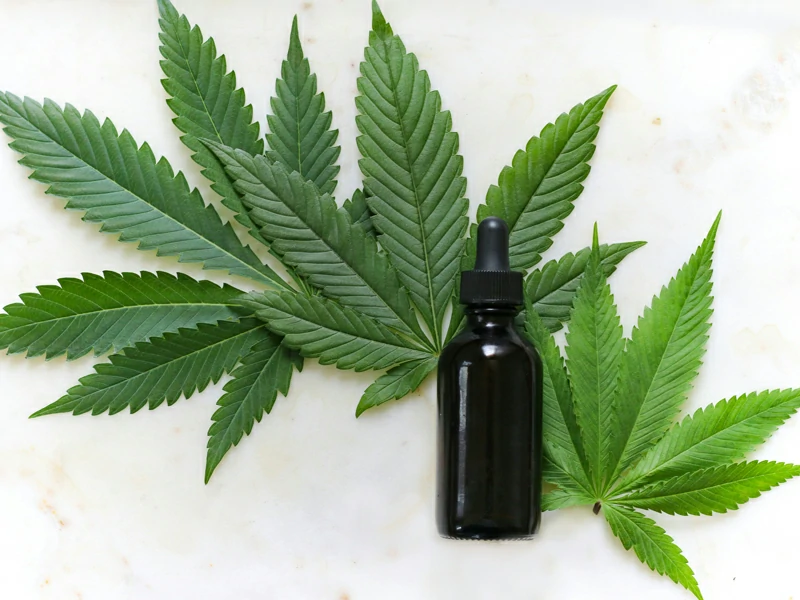
Selling CBD in the UK
To legally sell CBD products in the UK, vendors must adhere to the above regulations and ensure their products do not contain substances that would classify them as controlled under the Misuse of Drugs Act. Here’s what sellers need to ensure:
• Accurate Labeling: Products must be correctly labeled to include the accurate cannabinoid content and not make medicinal claims unless the product has a valid marketing authorization.
• Third-Party Testing: It is advisable for products to be verified through independent third-party testing to confirm their THC levels are within the legal limit and that the product is safe for consumption.
• No Medical Claims: Unless licensed as a medicine, CBD products should not be sold with any medical claims. This includes suggestions that the product can treat, prevent, or cure any diseases.
Consumer Considerations
For consumers in the UK looking to purchase CBD products, it’s important to buy from reputable sources that comply with UK laws. Here are some tips:
• Check Lab Reports: Reputable CBD brands will provide access to third-party lab results verifying the THC content and purity of their products.
• Look for Novel Foods Labeling: Ensure that the products have been compliant with Novel Food regulations, which confirms they have undergone safety assessments.
• Read Reviews and Research Brands: Purchase from companies that have positive reviews and transparent practices.
Regulatory Evolution
The regulatory framework governing CBD in the UK is under constant review as new research and data become available:
• Potential for More Comprehensive Regulations: With the growing popularity of CBD, regulatory bodies may introduce more stringent controls and testing requirements to ensure product safety and consumer protection.
• Impact of Medical Research: Ongoing medical research into the benefits and potential side effects of CBD could lead to changes in how it is classified and regulated. Positive findings could lead to wider acceptance and use, while concerns could tighten restrictions.
Consumer Safety and Education
Ensuring the safety and education of consumers is paramount as the market expands:
• Educational Campaigns: Government and industry may increase efforts to educate the public on the safe use of CBD products, differentiating legal CBD from other cannabis products.
• Quality Assurance Programs: Enhanced quality assurance programs and certifications could become more prevalent, helping consumers identify products that meet high safety and quality standards.
Market Growth and Innovation
As the legal environment becomes clearer and more stable, the market for CBD products is likely to grow, driving innovation:
• Product Diversification: Companies may develop new CBD products, such as skincare or health supplements, expanding the range of available CBD applications.
• Technological Advancements: Advances in extraction and production technology could improve the quality and consistency of CBD products, making them safer and more effective.
Challenges in Compliance
Despite the potential for market growth, companies face challenges in ensuring compliance with evolving regulations:
• Cost of Compliance: Meeting stringent regulatory requirements can be costly. Small businesses, in particular, may struggle with the financial burden of compliance, potentially limiting market diversity.
• International Considerations: Brexit has brought changes to how the UK aligns with EU regulations, including those governing novel foods and medicines. Companies must navigate these changes to manage both UK and EU compliance if they operate transnationally.
Legal Advocacy and Industry Support
As the industry grows, so does the need for legal advocacy and industry support:
• Industry Associations: Organizations like the Cannabis Trades Association are growing in influence, providing support and advocacy for CBD businesses navigating the regulatory landscape.
• Legal Expertise: Businesses increasingly require legal expertise to navigate complex national and international CBD regulations, ensuring compliance and protecting against potential legal challenges.
Conclusion
While CBD is legal in the UK, navigating its legalities requires understanding the specific regulations and conditions under which it is permitted. By staying informed about THC content limits, compliance with MHRA and FSA regulations, and the proper labeling and marketing of CBD products, consumers and businesses can ensure they are adhering to the law while taking advantage of the benefits CBD may offer. As regulations may evolve, it is also crucial to stay updated with the latest legal changes and guidance from relevant UK authorities.




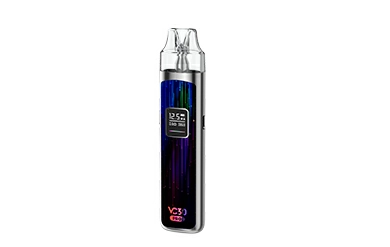

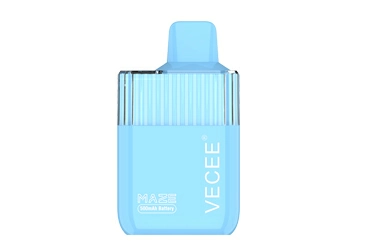

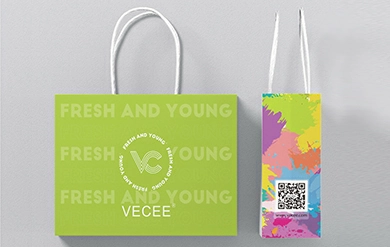
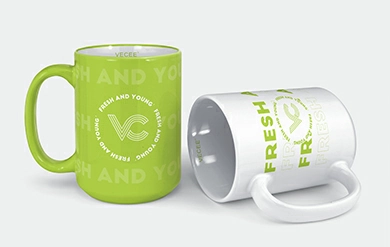




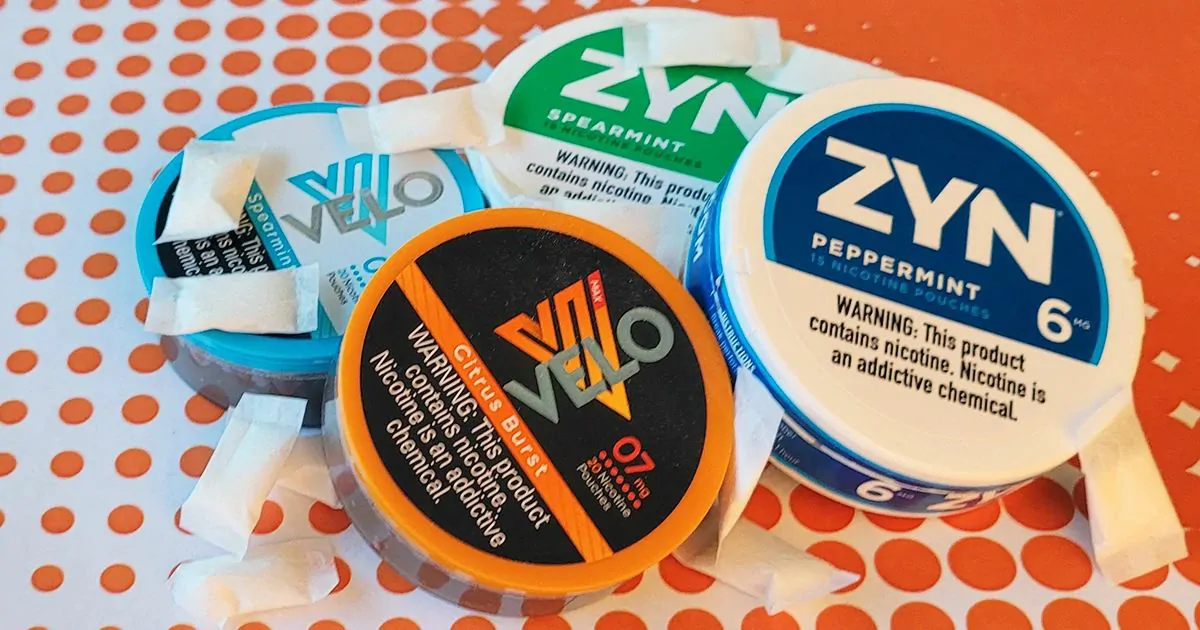

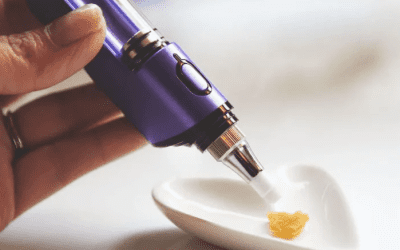
0 comentarios